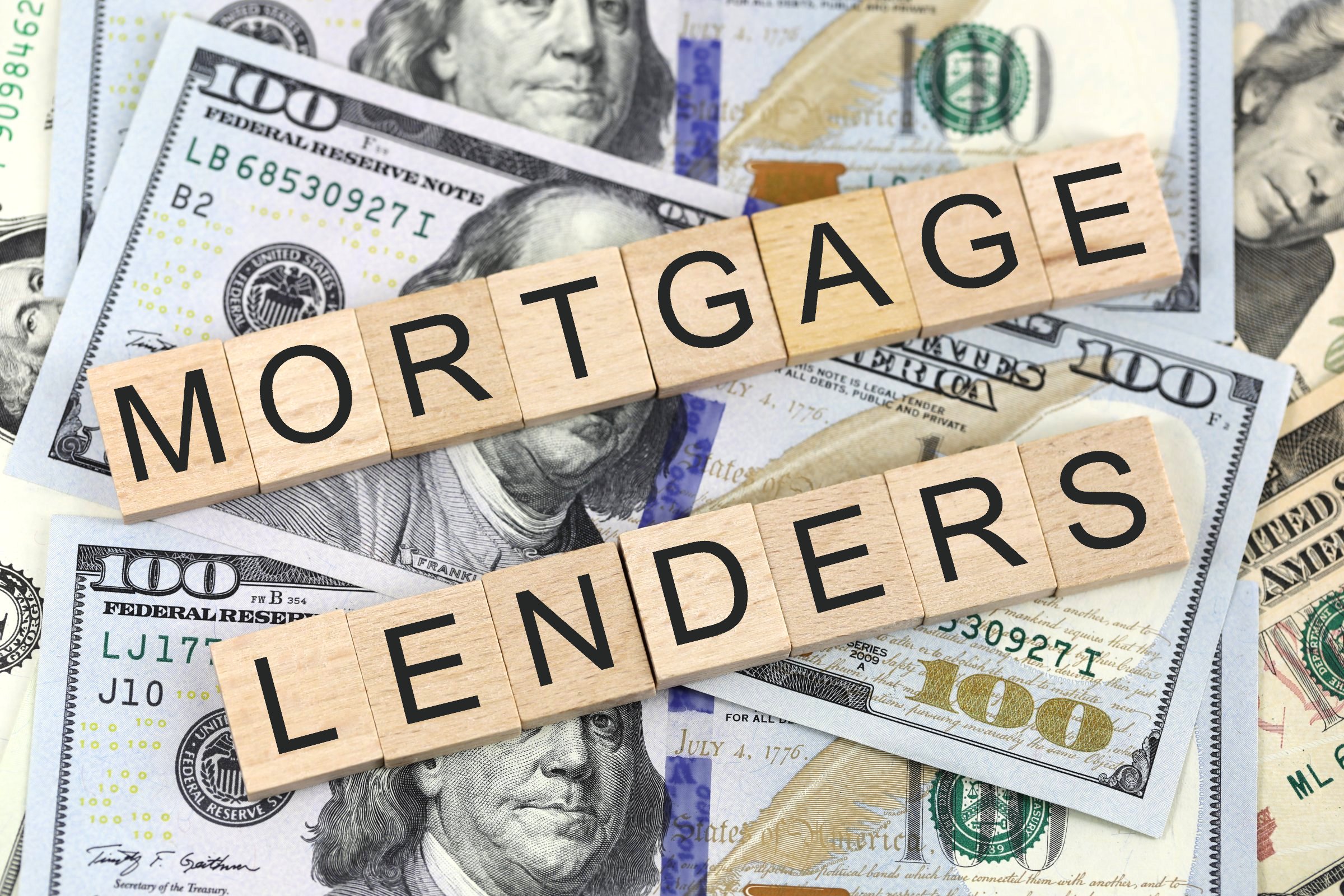Just how It Works: A Comprehensive Overview to Mortgage Lending for First-Time Buyers
Navigating the globe of mortgage lending can be frightening for newbie buyers. Understanding the basic components like principal, passion, and down settlements is necessary. Furthermore, recognizing the different sorts of mortgage and the application procedure can substantially affect one's experience. By exploring essential factors that influence rates of interest, customers may uncover beneficial insights. What else should they consider prior to making such a considerable financial dedication?
Comprehending Mortgage Fundamentals
When novice buyers go into the domain of homeownership, recognizing mortgage fundamentals ends up being essential for making notified choices. A mortgage is basically a financing protected by the building being purchased, allowing people to acquire a home without paying the full cost upfront. Purchasers should recognize essential parts, consisting of principal, interest, tax obligations, and insurance, usually summed up as PITI. The principal is the quantity obtained, while passion is the expense of loaning that amount, shared as a percentage. Taxes and insurance policy are additional prices that can substantially impact month-to-month repayments. Customers must also consider the lending term, generally 15 or three decades, which influences settlement quantities and general passion paid. Understanding credit rating ratings is necessary, as they influence funding eligibility and interest prices. Realizing these fundamental concepts equips novice buyers to browse the mortgage landscape with confidence and choose that line up with their monetary goals.
Kinds of Mortgage Loan
When thinking about mortgage options, new buyers typically come across two main types: fixed-rate and adjustable-rate home mortgages. Fixed-rate mortgages provide security with constant settlements over the financing's term, while adjustable-rate mortgages can give lower first prices that might fluctuate gradually. Understanding these differences is vital for making an educated decision.
Fixed-Rate Mortgages
Fixed-rate mortgages offer stability and predictability for first-time homebuyers navigating the complexities of home funding. With a fixed-rate mortgage, the rate of interest continues to be continuous throughout the financing term, generally varying from 15 to three decades. This constant price permits purchasers to prepare their spending plans effectively, understanding that their month-to-month settlements will not change. Newbie customers gain from this framework as it eliminates uncertainty in long-term economic commitments. Additionally, fixed-rate home loans typically come with reduced preliminary rates compared to adjustable-rate alternatives, making them an eye-catching selection for those aiming to establish home equity with time. Overall, fixed-rate home mortgages offer an uncomplicated path to homeownership, suitable for individuals seeking long-lasting economic security.
Adjustable-Rate Mortgages
For novice buyers seeking versatility, adjustable-rate home loans (ARMs) can provide an enticing choice to fixed-rate financings. ARMs normally supply reduced first rates of interest, making regular monthly payments more inexpensive in the very early years. These prices change after an initial set period, which can lead to increased payments over time. Customers must recognize the index and margin that figure out future price changes. Generally, ARMs have adjustment periods of one, 3, or five years, with regular caps to restrict exactly how much prices can increase at each change. While ARMs can be beneficial for those intending to market or re-finance before the price changes, they likewise bring risks if market conditions alter significantly. Complete study is crucial for educated decision-making.
The Mortgage Application Process

Key Variables Influencing Rates Of Interest

Deposits and Closing Prices
Recognizing down repayments and closing costs is necessary for first-time property buyers, as these expenses considerably impact the total price of a mortgage. A deposit is the initial amount paid in the direction of the home's acquisition price, normally revealed as a percentage. It can vary from as low as 3% to 20% or even more, depending upon the car loan kind and loan provider demands. A bigger deposit can reduce month-to-month mortgage settlements and eliminate personal mortgage insurance coverage (PMI), which secures lending institutions in instance of default.Closing costs, on the other hand, encompass various costs incurred throughout the home-buying process. These may consist of funding source fees, assessment fees, title insurance policy, and lawyer fees, generally amounting to 2% to 5% of the home's acquisition cost. New buyers ought to allocate both deposits and closing prices to guarantee they can secure their mortgage and efficiently navigate the home-buying process.
Tips for First-Time Homebuyers
What essential tips can new homebuyers comply with to navigate the frequently challenging procedure of acquiring a home? Initially, setting a realistic budget is essential. Customers must examine their financial circumstance, including earnings, expenses, and prospective mortgage payments. Next, acquiring pre-approval for a mortgage can supply clearness on what one can manage and reinforce their position when making an offer.Researching areas is similarly vital; customers should take into consideration aspects such as amenities, colleges, and future advancements. Furthermore, it is advisable to deal with a certified actual estate agent who can use useful understandings and support throughout the buying process.Home inspections should not be forgotten, as they can reveal surprise concerns that may affect lasting complete satisfaction. Ultimately, purchasers ought to continue to be patient and flexible, comprehending that discovering the best home might take some time. By following these tips, newbie homebuyers can approach the market with confidence and expertise.
Frequently Asked Inquiries
What Papers Are Needed for Mortgage Pre-Approval?
For mortgage pre-approval, individuals commonly next page need to give earnings verification, employment background, debt records, income tax return, financial institution statements, and details of any financial obligations (Private image source Mortgage Lenders Savannah GA). These documents aid lending institutions analyze economic capacity and identify financing eligibility
Can I Get a Mortgage With Bad Credit History?

Many lending institutions consider candidates with negative credit rating, though terms might vary. Higher rate of interest or larger down settlements can be needed. Checking out options with specialized lenders or federal government programs can additionally boost possibilities for authorization.
Exactly how Long Does the Mortgage Approval Process Take?
The mortgage authorization process commonly takes between 30 to 45 days. Variables influencing this timeline consist of the loan provider's effectiveness, the debtor's economic documents, and the intricacy of the financing application. Delays may take place as a result of extra requirements.
What Takes place if I Miss a Home Loan Repayment?
If a mortgage repayment is missed out on, late costs may be sustained, and credit rating can experience. Prolonged non-payment might lead to repossession procedures, prompting the lending institution to reclaim the home after a series of warnings.
Can I Re-finance My Mortgage Later On?
Re-financing a home mortgage later is commonly possible, enabling property owners to readjust their lending terms, rates of interest, or month-to-month repayments. Qualification depends on credit rating ratings, current market conditions, and the existing mortgage's terms.